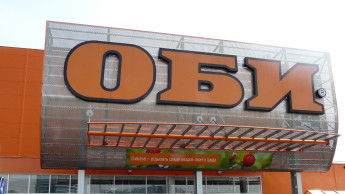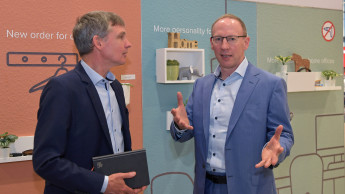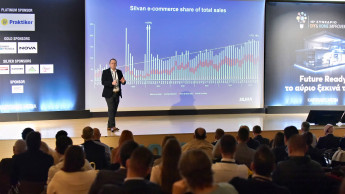In Russia, for example, where the DIY market has become accustomed to double-digit growth rates over the years, several quite well-known chains have given up the struggle in the last year. We report on their departure in this issue (page 14).
And in the difficult market in south-eastern Europe, a number of players have succumbed to the tendency to implode. The highest-profile victim is the Austrian market leader Baumax, which has now sold its Romanian business in its entirety to the European market leader, the French Groupe Adeo. The French Bricostore chain had already withdrawn from Romania, handing its stores over to Adeo’s rival Kingfisher.
The question nevertheless arises of whether the extreme concentration we are now seeing is the consequence of an immutable law of nature. Anyone attending the big DIY business congress in Madrid, which is reported in detail in this issue (pages 20 to 29), may think long and hard about this. The changes in customer behaviour outlined there can only be described as “rapid”. And we may well ask if these big enterprises in particular will be fast enough always to react sufficiently flexibly to the flexible customer in the future. Rainer Strnad Managing editor P. S.: You can now follow the development of the European sector even more closely with the newly published Dähne Statistics DIY Europe…

 Menü
Menü
















 Newsletter
Newsletter